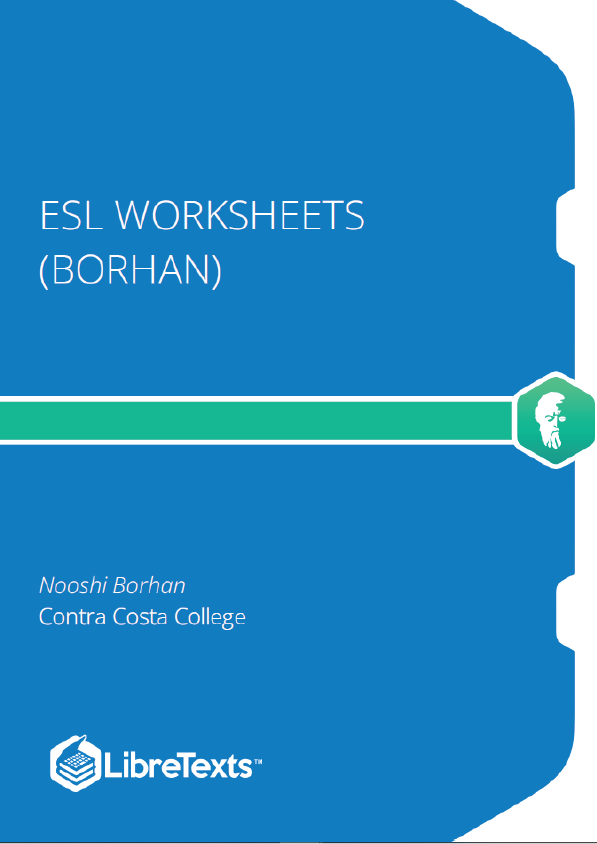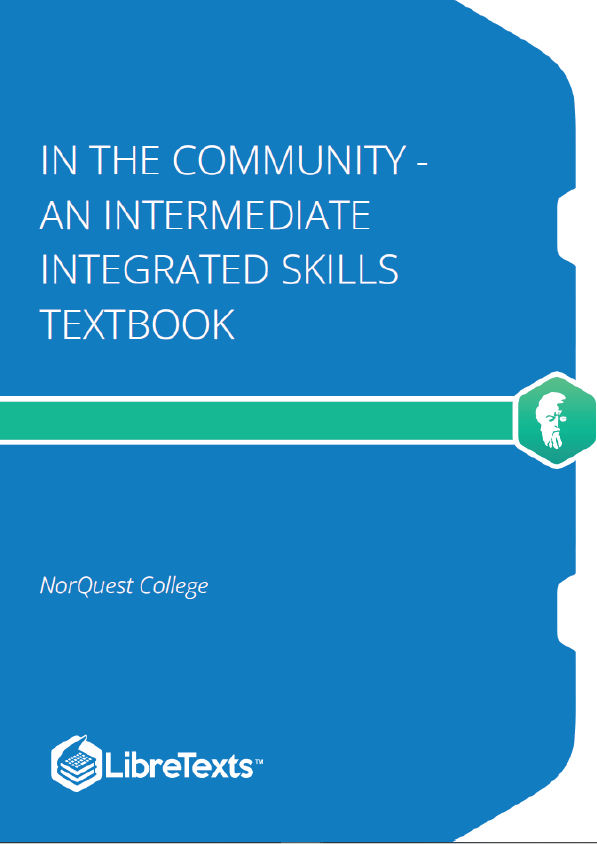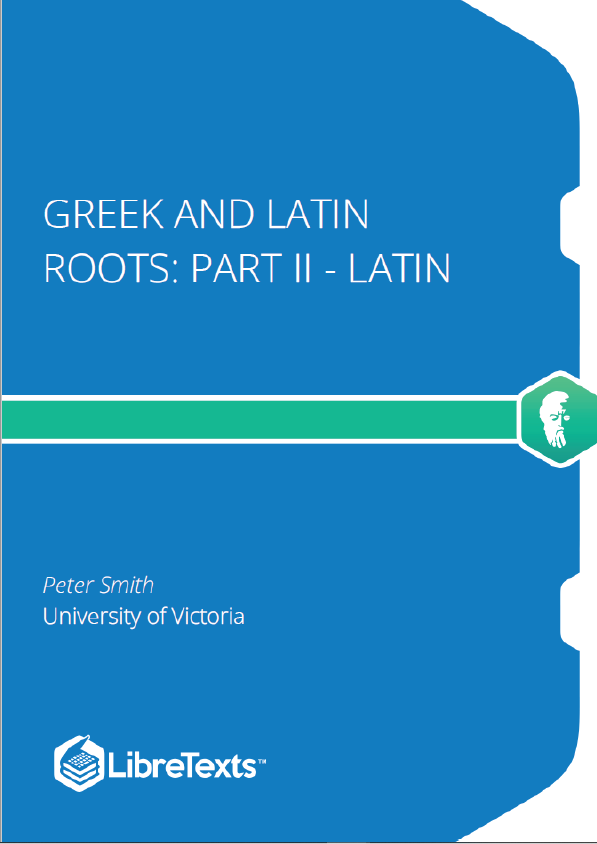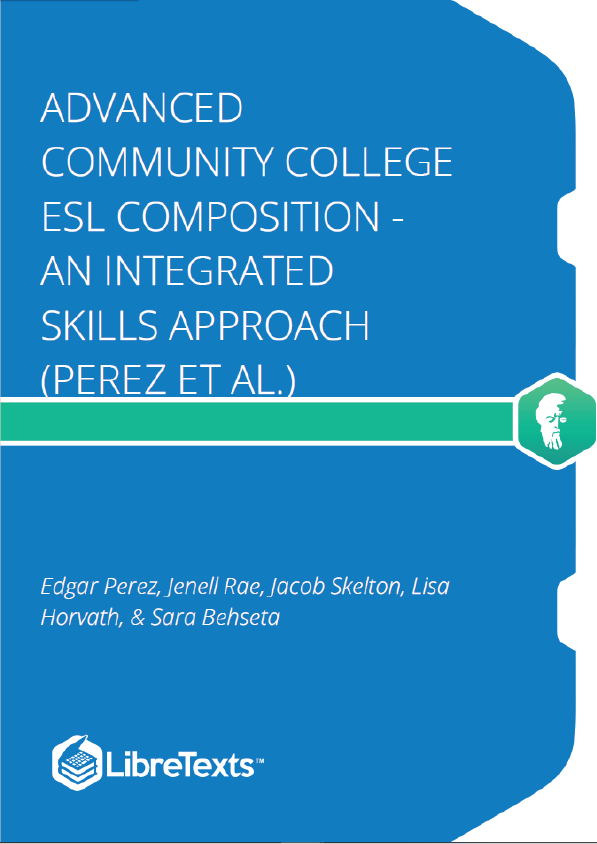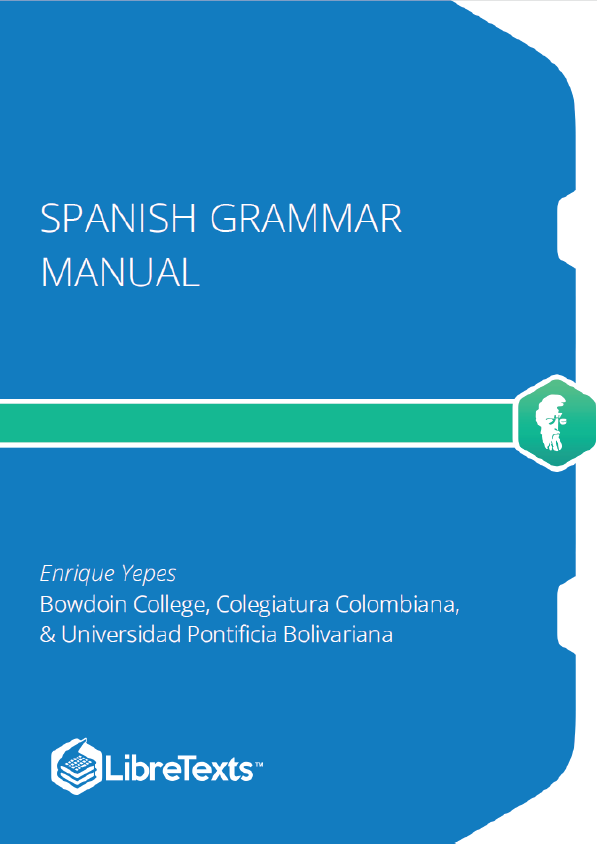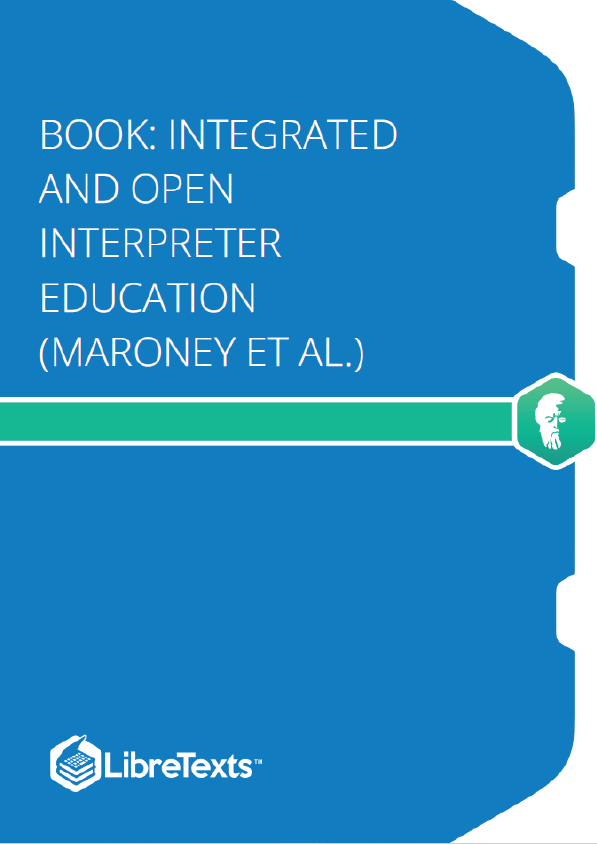Teenage years are challenging–for teenagers and parents. It is a time for teenagers to break away from their family and to begin to make a life for themselves. It is a time when parents need to let go of their children and recognize that their role has changed forever. Adolescence is therefore difficult for all families, but it is particularly challenging for immigrant families. In these families, teenagers and parents struggle with the adolescent years while also trying to adapt to an unfamiliar culture.
Many cultures have clear rules to guide teenagers through these years. There are clear rules, for example, about what is acceptable for a girl to wear and about dating. A daughter is not allowed to go out in the evening unless she is with her brother or cousin. She must wear certain traditional clothes. A son knows he must come home by a specific time. Teenagers understand this because they have grown up with these cultural rules. However, what happens to these rules when the family moves to a different country with a different culture? Do the cultural rules and expectations of the native culture still apply?
Many immigrant parents would answer yes. They need these rules to protect their children from the dangers of the new culture. Moreover, these rules worked for them when they were teenagers. So why shouldn’t they work for their children?
Many teenagers, however, have a different answer. They, too, have grown up in their native culture, and the rules and expectations are very important to them. However, they are now learning a new culture and probably learning it faster than their parents. The old rules do not work in the new culture. Freedom is very important in the new culture: freedom to question teachers and parents, to take personal responsibility, to make and learn from mistakes. Teenagers from immigrant families quickly learn there are no clear rules about being a teenager in this culture. Girls have boys as friends, but may or may not have a ‘boyfriend’. If a teen is dating, there are no strict rules about how to behave–even about sex. Life outside the home is complicated, and the old rules do not help.
Lien’s family provides an example of the conflict that can develop between family members during this time. The family moved to the States from Vietnam when she was ten. Her father was a car mechanic in Vietnam. They lived in a nice house and had a comfortable life. Her parents believed, however, that Lien and her twin brother, Thu, would have more opportunities in America. So, like many immigrant parents, they moved to a different country because of their children. “This is all for you and your brother”, the mother has told Lien several times a week since they arrived.
Lien was excited when she first arrived in Boston, but she soon found that life was not easy in America. Her father got a job, but he hated it. Her mother stayed in their apartment cooking traditional Vietnamese food for the evening meal. They didn’t make any American friends. Lien quickly learned English, but her parents found it very difficult. They only spoke Vietnamese at home. When Lien’s father was sick, Lien had to go to the doctor with him and explain what was wrong. This was very embarrassing for Lien and her father. At the grocery store, Lien’smother nervously stood behind her young daughter. Life was difficult, but the family was strong and stayed together. Everyone worked hard.
